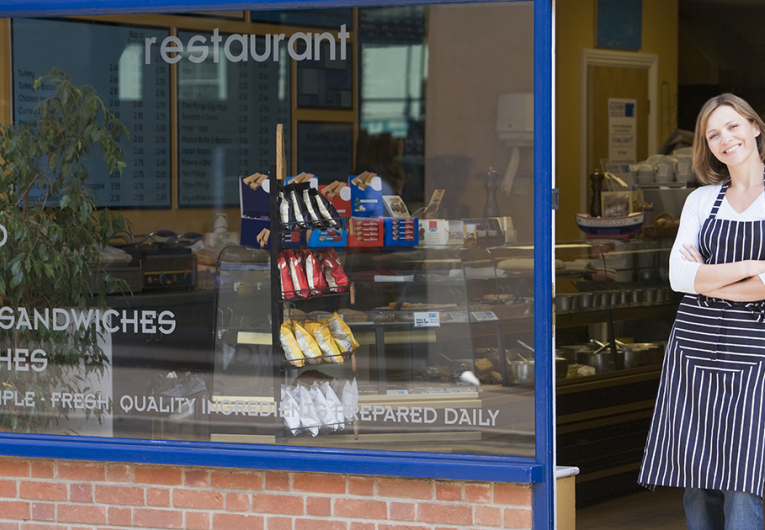
Back Up Your Hunch with Data
You have a hunch your idea will sell, but are you sure customers will buy it? Market research can help you find out. And there’s more than one way to go about getting it.
Before You Start
The first question to ask when considering researching a new product launch is “what’s the risk?” Are you betting the farm on the success of your idea or just a small piece of the pie? The follow up to this is “where’s the data?” Has the research already been done (Secondary Research) or will it need to be conducted (Primary Research)?
If the risks are low and the data is easy to get, you might consider doing your own market research. If the risks are high or the data is difficult to gather or interpret, hiring a firm may be the way to go.
For Example
Let’s say you own an artisan bakery that’s considering two new offerings. One is a line of gluten-free breads and the other is an app that lets clients order by smartphone. Here’s how you might evaluate these market research decisions:
| Gluten-Free Breads | |
| Risk | Low. You don’t have to retool or retrain employees, and the cost of ingredients is minimal. |
| Data | Easy. Surveying customers in person, by email or by social media (i.e. Facebook page) is fairly simple. Secondary research on gluten-free consumer preferences also exists online. |
| Decision | Low risk + Easy data = Consider doing the research yourself. |
| App For Ordering | |
| Risk | High. The cost of developing and maintaining an app can run into the thousands. |
| Data | Difficult. Polling enough customers to gauge interest–and distinguishing between those who say they want an app and those who will really use it–will take time. You’ll also need to know which platforms they’re on to develop a compatible app. |
| Decision | High risk + Difficult data = Consider hiring a firm. |
If You Do It Yourself
Get Online – The Internet is teeming with resources to help businesses conduct market research. A comprehensive free toolbox can be found at entrepreneur.com/
article/222489. Additional expertise can be found at marketresearch.com and sba.gov.
Be Thorough– Get as much as you possibly can from your research. If you’re asking customers if they’ll buy gluten-free breads, find out how often, what they’d expect to pay for it, if they prefer a certain variety, and if it’s for dietary or lifestyle reasons. This way, if the research says “go,” you have directions.
Be Objective – If the research contradicts your beliefs, don’t dismiss or ignore it. While it may mean rethinking a product, it beats spending money on a failure. Conversely, try not to get too excited if the data falls emphatically in your favor. While it’s a good sign, it’s no guarantee of a sure thing.
If You Hire a Firm
Choosing a firm relieves you of the headaches of conducting your own research. But it also puts the fate of your launch largely in someone else’s hands—so it’s important to choose wisely.
While there are no professional certification requirements in the market research field, there are ways to ensure the firm you choose is competent. Ask colleagues for recommendations, and look for firms with experience in your line of business and established histories.
A thorough step-by-step guide to choosing a firm is available at greenbook.org/marketing-research.cfm/planning-your-market-research-project-hm02
The trends, insights, and solutions you need to grow your business.
By signing up, you’re subscribing to our monthly email newsletter, The
Wire. You may unsubscribe at any time.
Your information stays safe with us. Learn more about our privacy
policy.











![[#MSP_NAME#] Logo](/themes/sparklight_business/images/transition-logos/migration-banner-logo-[#MSP_CD#].png)
